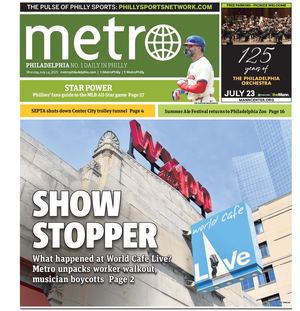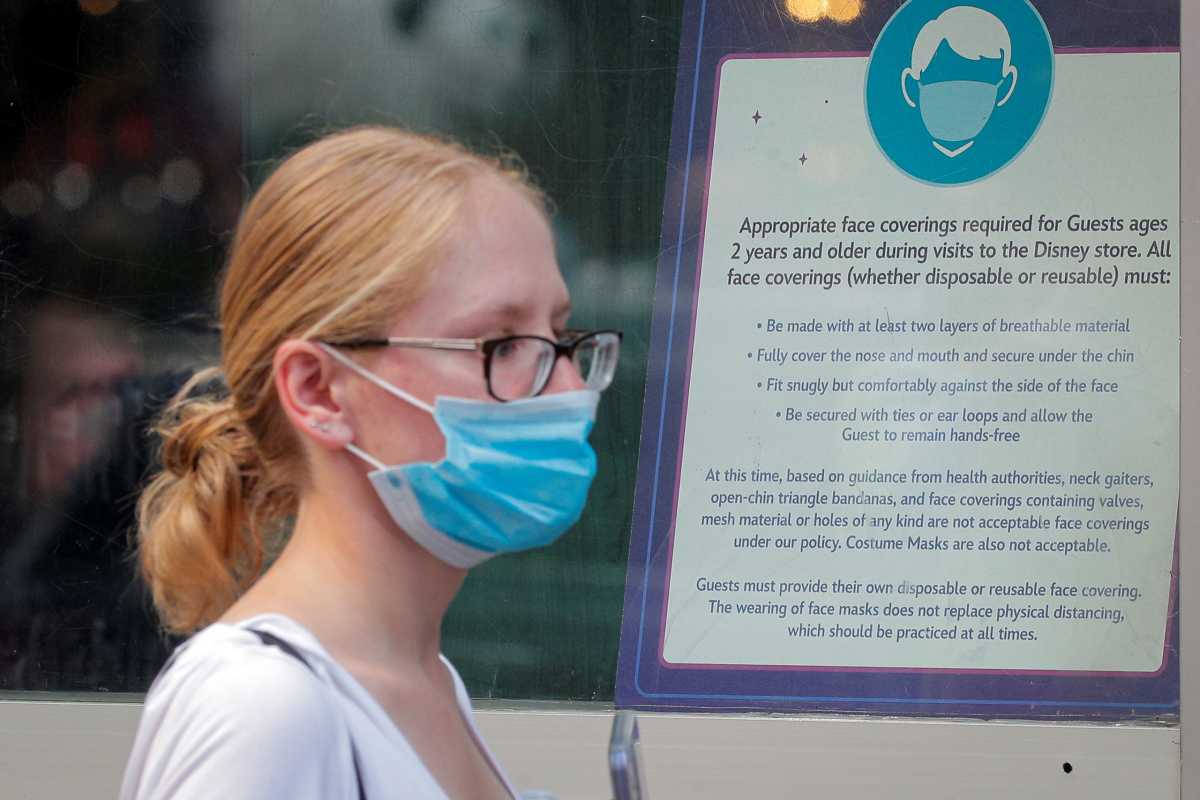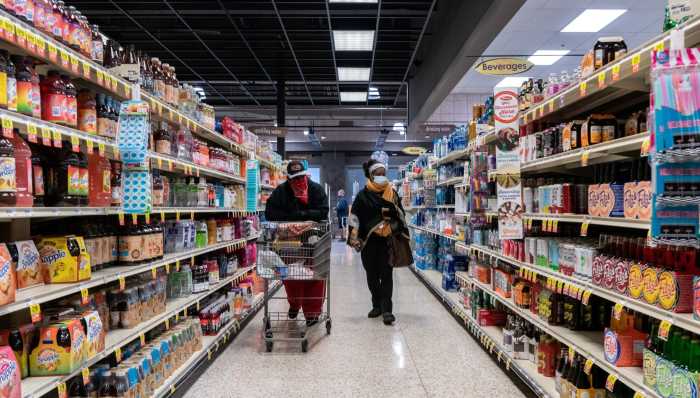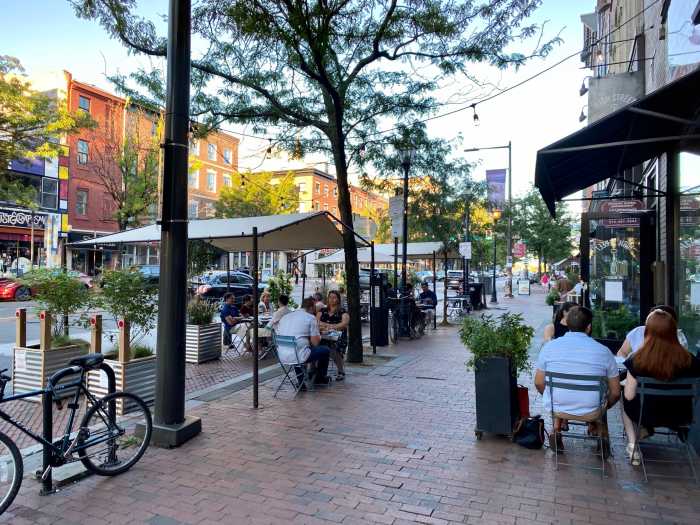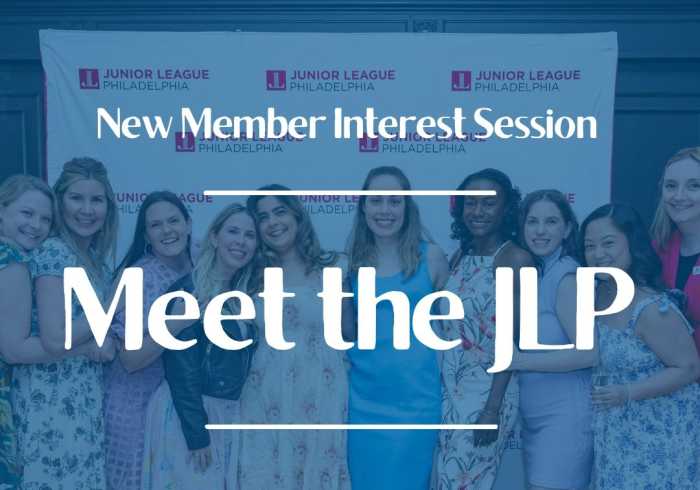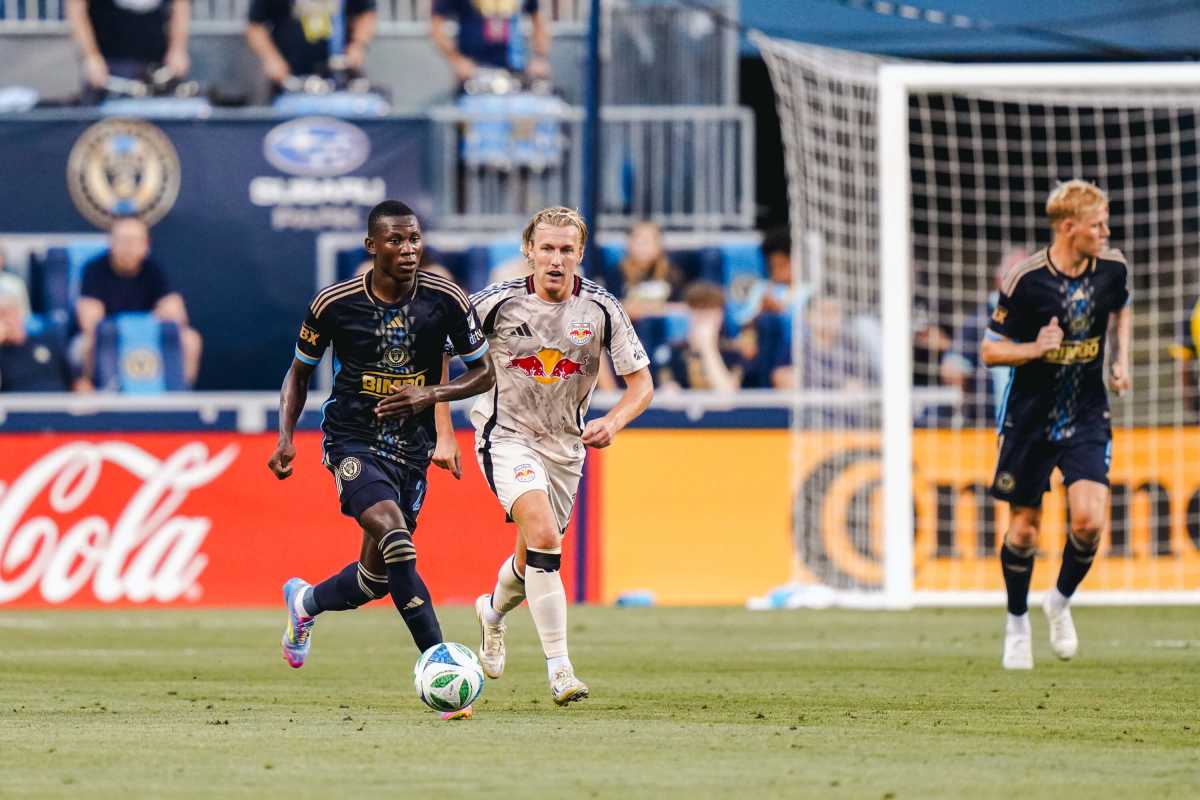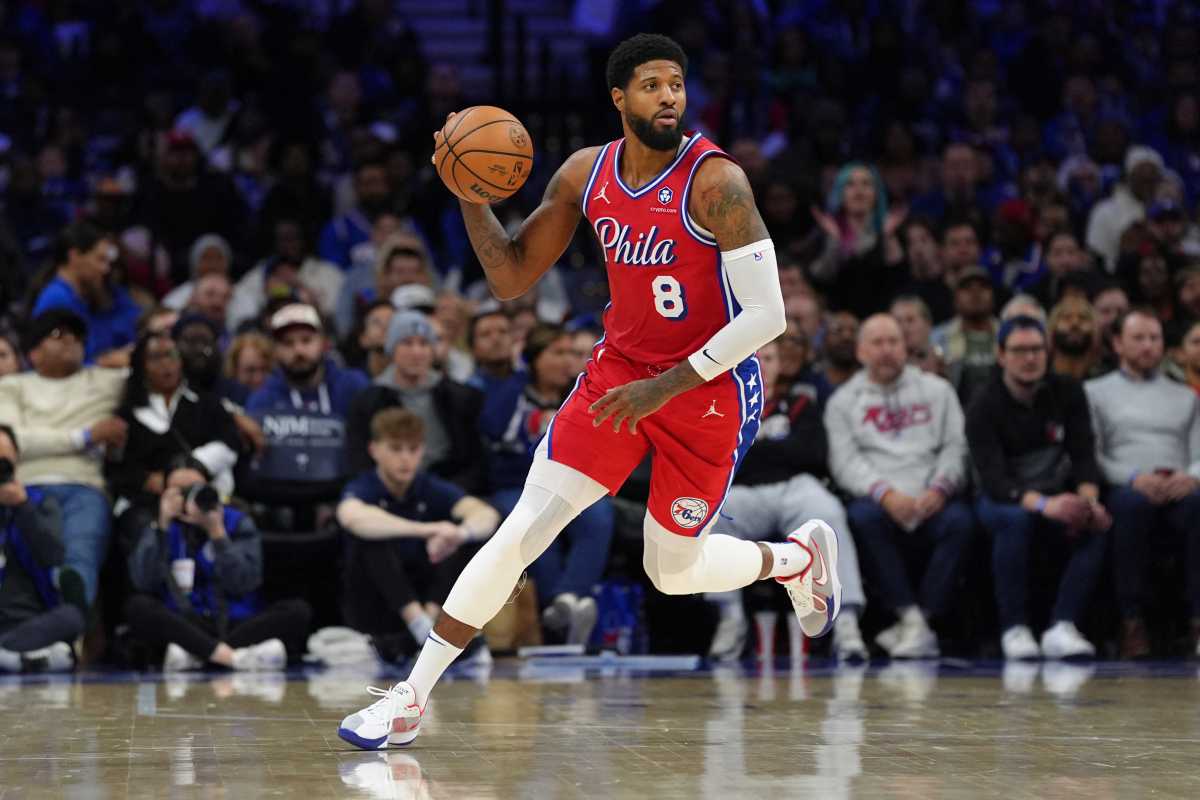Philadelphia’s mask reprieve will be relatively brief.
Amid an uptick in coronavirus cases, Mayor Jim Kenney’s administration is reimposing its indoor mask mandate next Monday, April 18, less than seven weeks after lifting the restriction.
Dr. Cheryl Bettigole, the city’s health commissioner, said Monday that the measure is necessary to prevent another Omicron-style wave, which led to record case counts and 750 deaths in Philadelphia during the winter months.
“If we fail to act now, knowing that every previous wave of infections has been followed by a wave of hospitalizations, and then a wave of deaths, it will be too late for many of our residents,” she said at a virtual news briefing.
The masking requirement, which was lifted for businesses and other venues March 2, applies to all indoor public settings, and implementation was delayed to allow for a one-week education period, officials said.
Philadelphia’s decision made national headlines, as it is the first major city in the United States to bring back its mask requirement following the Omicron spike, according to the Associated Press.
Ben Fileccia, of the Pennsylvania Restaurant and Lodging Association, called the mandate “a major blow to thousands of small businesses and other operators in the city who were hoping this spring would be the start of recovering.”
“Restaurant workers have suffered severe backlash when enforcing these rules in the past and, unfortunately, this time will be no different,” he added, in a statement.
Bettigole argued that high case counts would keep more customers away than a masking rule.
Eateries, under the restriction, will have to tell patrons to mask up unless they are seated at their table; however, any venue can ditch masks if they require all customers to show proof of vaccination.
The masking mandate also applies to city schools, where facial coverings were made optional March 9.
School District of Philadelphia students are currently on spring break, and schools had been told to require masks the week after as an added precaution.
Public schools in the city will adhere to the mask mandate as long as it is in place, district spokesperson Monica Lewis told Metro on Monday.
The Wells Fargo Center, which will soon host Sixers playoff games, will also resume enforcing the mask rule.
The Kenney administration’s decision to reinstate the mandate was based on the Department of Public Health’s response levels — which are much more stringent than federal guidelines outlined by the U.S. Centers for Disease Control and Prevention.
Under the CDC levels, which are primarily determined by hospitalizations and medical center capacity, Philadelphia is still in the “low” category, and masking isn’t recommended for those not at increased risk until the “high” transmission level.
“The decisions that we’re making here in Philly have to do with local conditions,” Bettigole said, citing a history of racial discrimination and disparities.
She also told reporters that hospital capacity is just one factor among many to consider when assessing risk.
In addition to COVID-19-related hospital admissions, the health department’s guidance is based on infections per day and the rate at which cases are increasing.
Cases are up more than 50% over the past 10 days and Philadelphia is averaging more than 100 new cases a day (142) — meaning the city has surpassed the two criteria needed to trigger a move to a more restrictive phase.
Hospitalizations remain low, with 46 patients with the virus in local medical centers.
Kenney’s administration, Bettigole said, will continue reviewing the data every Monday to decide on the appropriate restrictions.
The city’s two-week case average has jumped from around 500 in late March to 862 as of Sunday, and the positive test rate has increased to 4.5%, from 2.5% on March 20.
Officials believe the spike is being caused by the BA.2 subvariant of Omicron, though data around specific strains is lacking, Bettigole said.
“At this level of transmission, we do not believe that there’s any reason to panic or to avoid activities we enjoy and that are important to us,” she said. “Our city remains open.”
